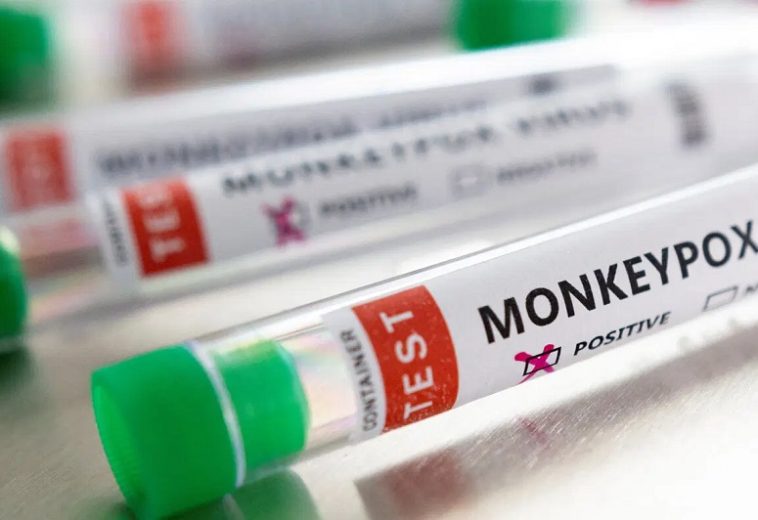Africa is no stranger to the effects of climate change. As one of the most vulnerable regions in the world, the continent faces a range of climate-related disruptions. From rising temperatures and erratic rainfall patterns to the increasing frequency of extreme weather events, such as droughts and floods, Africa’s diverse landscapes and ecosystems are under significant threat.
According to the African Development Bank, if global warming continues unchecked, Africa could see temperature increases of up to 4°C by the end of the century. This poses a serious risk to African countries, many of which rely heavily on agriculture and natural resources. The resulting changes threaten food security, economic stability, and the livelihoods of millions across the continent.
In response to the climate crisis, the African Union (AU) has taken decisive action by fostering a unified approach to tackling climate change through various strategic frameworks and initiatives. One such initiative is the African Adaptation Initiative (AAI), launched in 2015 to mobilise resources, foster collaboration, and support countries in developing and implementing robust adaptation plans.
In 2014, the AU also introduced the Africa Climate Change Strategy, which provides a comprehensive framework for addressing climate change across the continent. The strategy emphasises the need for African nations to integrate climate change considerations into their national development plans, promote sustainable development practices, and strengthen institutional capacities.
Regional communities have also played a crucial role in addressing climate issues within their areas. For instance, in West Africa, the West African Regional Action Plan for Disaster Risk Reduction was established to enhance regional cooperation in managing climate-related risks. Similarly, the Southern African Development Community (SADC) developed the SADC Regional Adaptation Strategy to address climate change impacts on agriculture, water resources, and energy.
African nations have further partnered with international organisations to combat the effects of climate change. The AU and the United Nations Framework Convention on Climate Change (UNFCCC) were instrumental in shaping the Paris Agreement, which sets the global benchmark for actions to combat climate change and supports developing countries in their climate efforts.
In addition to policy initiatives, Africa has embraced innovative technologies to combat climate change. The continent is increasingly adopting renewable energy sources, such as solar and hydropower. In Kenya, mobile applications and satellite technology are being utilised to provide weather updates and improve agricultural practices. Meanwhile, in South Africa, climate-resilient crop varieties are being developed to help farmers adapt to changing weather conditions and secure food supplies.
Some African countries are also leveraging indigenous knowledge and traditional practices to enhance their climate resilience. In Ethiopia, for example, farmers are using traditional water harvesting techniques and indigenous crop varieties to cope with changing rainfall patterns. The Maasai people of Kenya practise rotational grazing to maintain soil health and biodiversity.
READ ALSO: Africa CDC Declares Mpox a Public Health Emergency
Despite these efforts, Africa still faces significant challenges in its fight against climate change. Limited financial resources, inadequate infrastructure, and political instability hinder the implementation of climate strategies. Additionally, there is a pressing need for greater investment in green technologies and sustainable development initiatives.
Nevertheless, Africa’s commitment to addressing climate change reflects the continent’s resilience and ingenuity in the face of adversity. Collective strategies, regional cooperation, and a blend of traditional knowledge with modern technology will be essential in addressing the immediate impacts of climate change and paving the way for a sustainable future.




